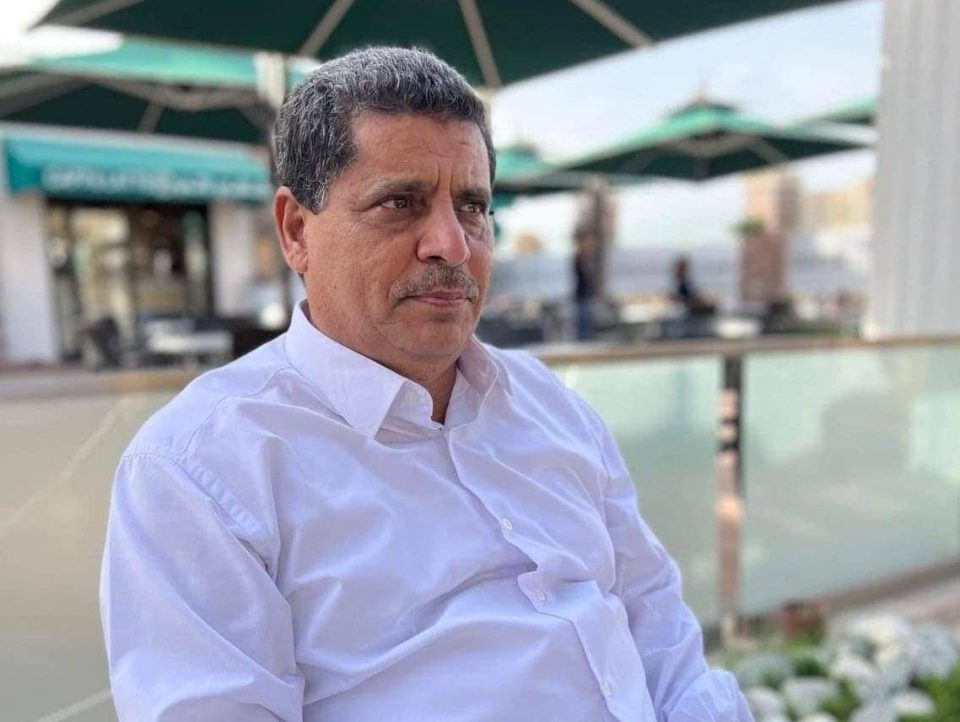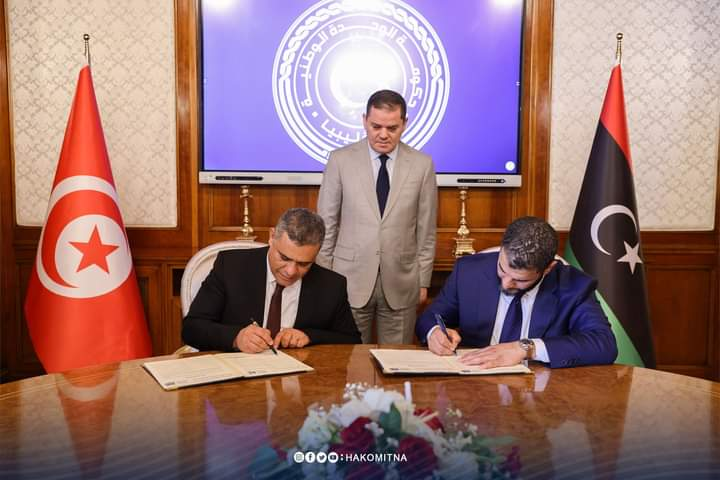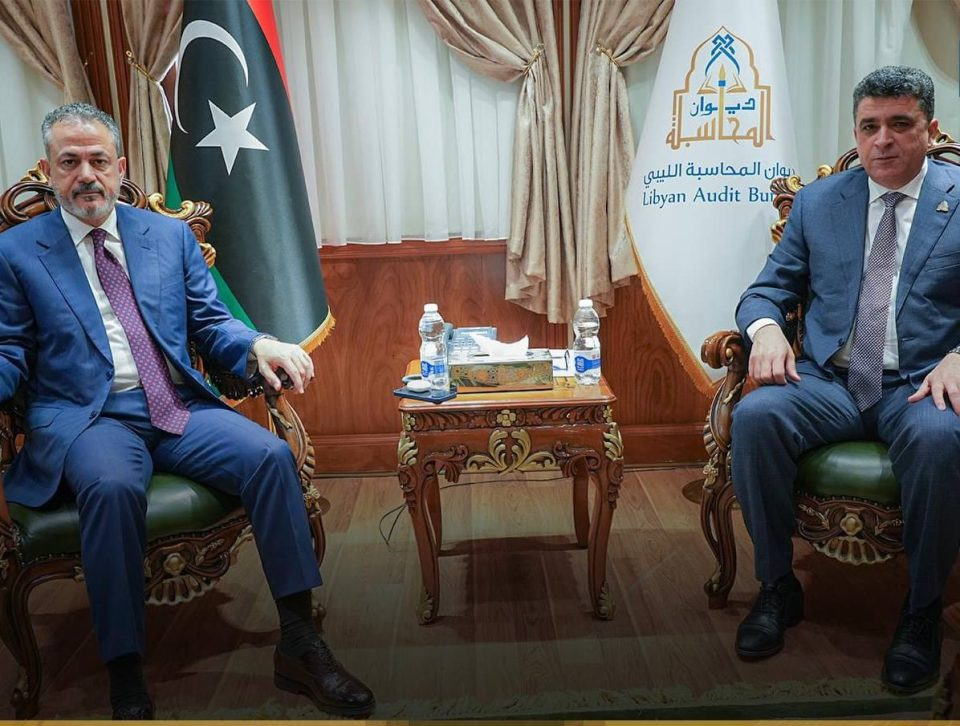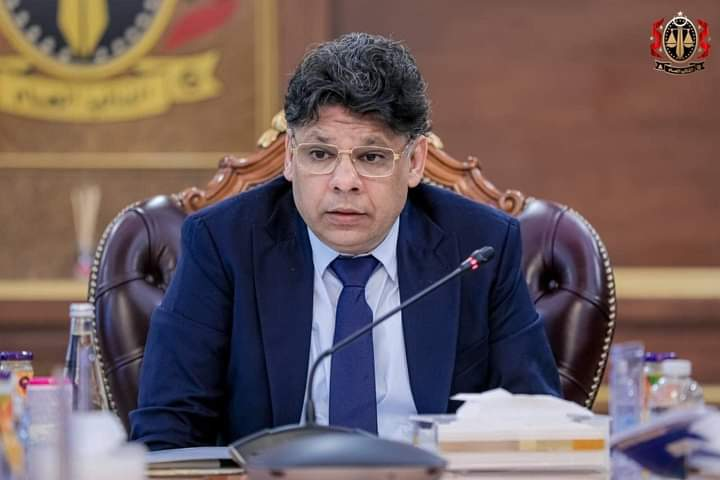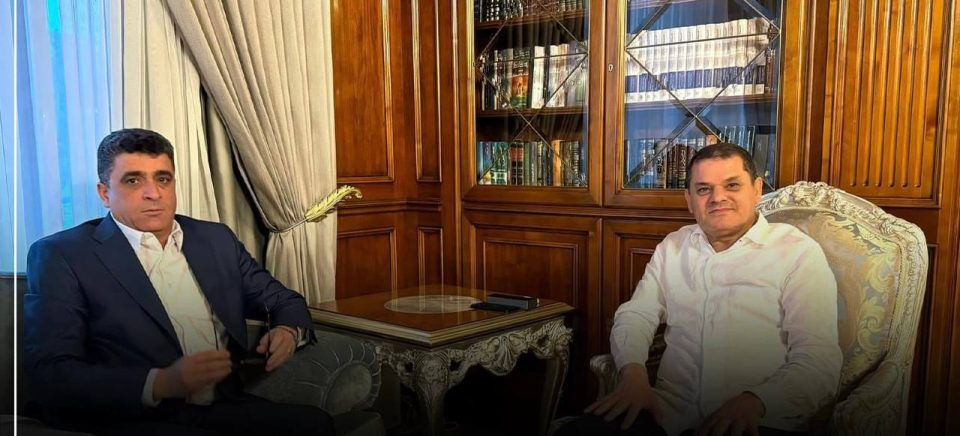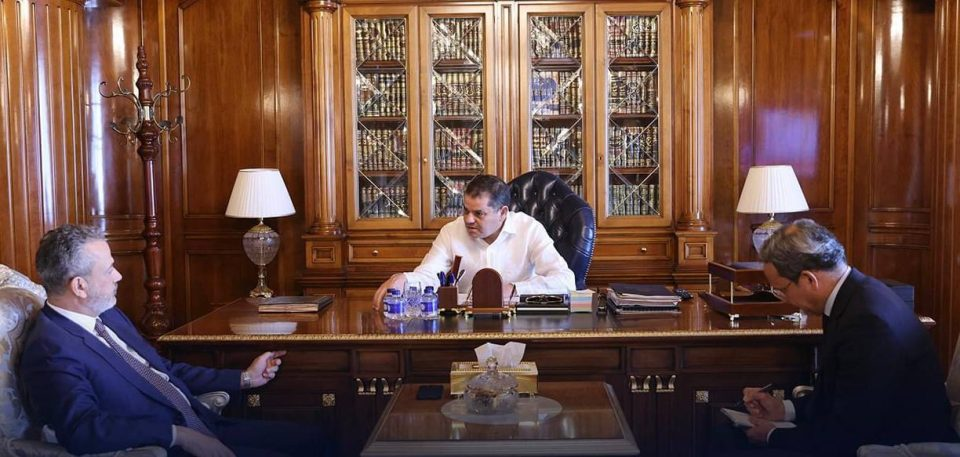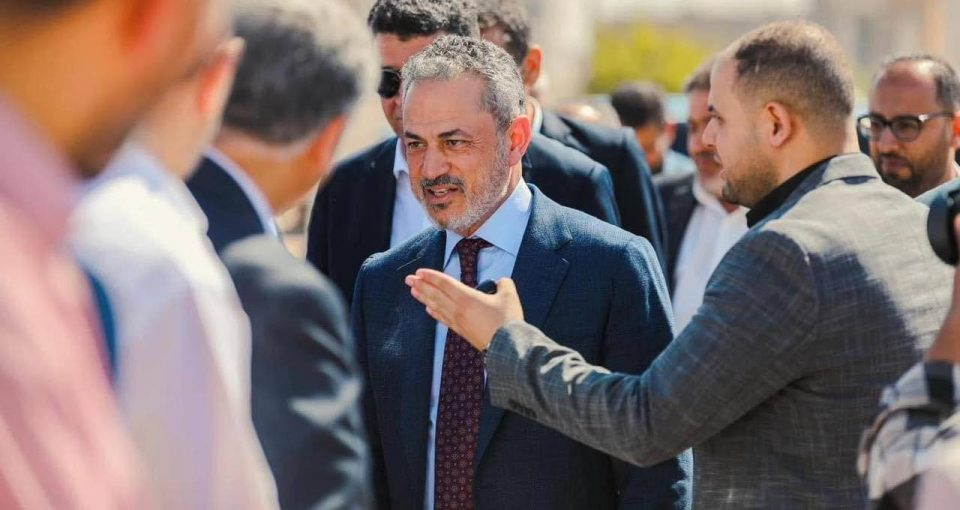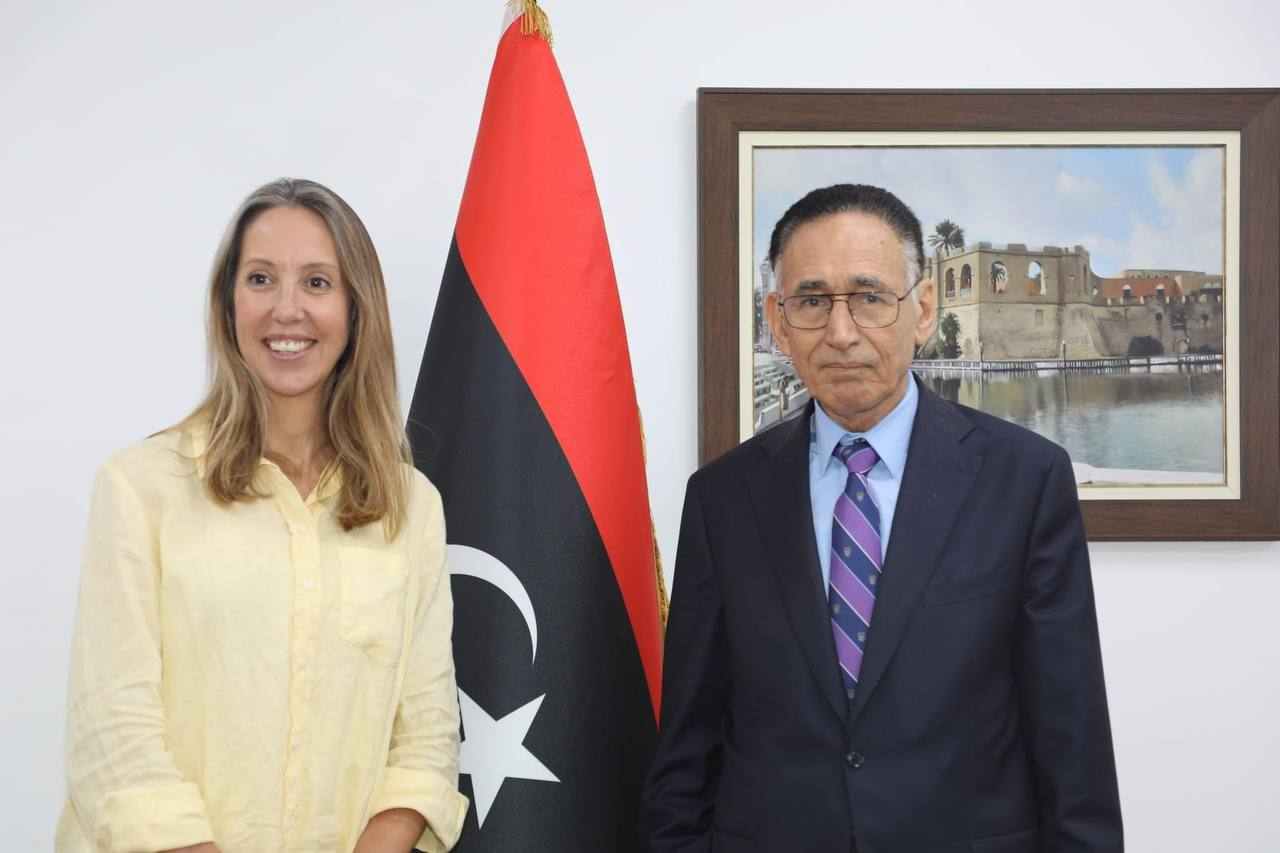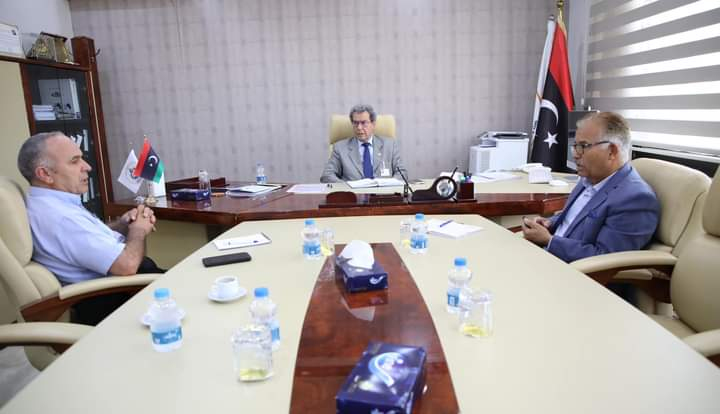Economic Expert Hbarat Proposes Solutions for the Central Bank in Reforming the Support for the Dinar Exchange Rate
Economic expert Noureddine Hbarat wrote on his official Facebook page today, Wednesday, about the role of the Central Bank in reforming the support for the dinar exchange rate. He stated that not everyone can wait for or rely on the Central Bank to take measures and steps that would lead to raising or reforming the dinar’s exchange rate against the dollar and other foreign currencies or even maintaining its current rate of 6.15 amid the disruption of monetary policy tools, which are the means by which central banks influence the money supply to achieve monetary stability.
Hbarat explained that what the Central Bank can do is to limit the collapse of the dinar’s value by curbing the depletion of foreign currency reserves. This can be achieved through further reduction of the dinar’s exchange rate or by requesting the imposition of an additional tax or fee on foreign currency sales. “Practical experiences over the past ten years are the best evidence of this.”
Hbarat proposed solutions for the Central Bank to reform the support for the dinar exchange rate. These include involving political and economic decision-makers in the country, working to activate monetary and fiscal policy tools with necessary coordination between them, and having the government, in coordination with the Central Bank and relevant entities, undertake real structural economic and financial reforms aimed at gradually rescuing the country’s economy from its crises. These reforms should be subject to transparent and objective periodic reviews and evaluations every three months to ensure they are proceeding as planned.
Hbarat continued, saying, “Without doing all this, we will remain talking a lot—‘talk too much’—to no avail, wasting time and awaiting further deterioration of the economic situation until it collapses.”
The economic expert also commented that the Central Bank cannot currently influence price levels and high inflation rates, which have affected most goods and services, especially basic ones, due to the same reason of disrupted monetary policy tools. He cited how central banks in various countries, including the Central Banks of Egypt and Turkey, have managed to gradually reduce inflation rates, and how the US Federal Reserve and the European Central Bank succeeded in bringing inflation rates back to normal levels below 4% after their rise to between 9% and 11% following the outbreak of the Russia-Ukraine war and the increase in oil prices in global markets at that time, reaching $130 per barrel in February 2022. The gradual increase in interest rates by these banks bore fruit.
Hbarat pointed out that what the Libyan Central Bank can do to influence inflation rates is to expand the use of foreign currency and lift any restrictions on it, by allowing the opening of letters of credit for importing more goods and services continuously as long as the country is non-productive. On the other hand, expanding the sale of foreign currency for all purposes through personal purpose cards is a failed and costly policy with catastrophic economic repercussions. It will ultimately lead to an exacerbation of the balance of payments deficit, the depletion of the remaining foreign currency reserves, the collapse of the dinar’s value and its purchasing power, and further aggravation of the liquidity crisis.
The economic expert Noureddine Hbarat concluded his post on exchange rate reform by stating, “The success of all this primarily depends on the conflicting parties reaching a comprehensive and lasting political solution that ends political and institutional division, establishes stability throughout the country, and adopts a clear strategy and mechanism to combat corruption, which has become a significant obstacle to the success of any reforms.”
